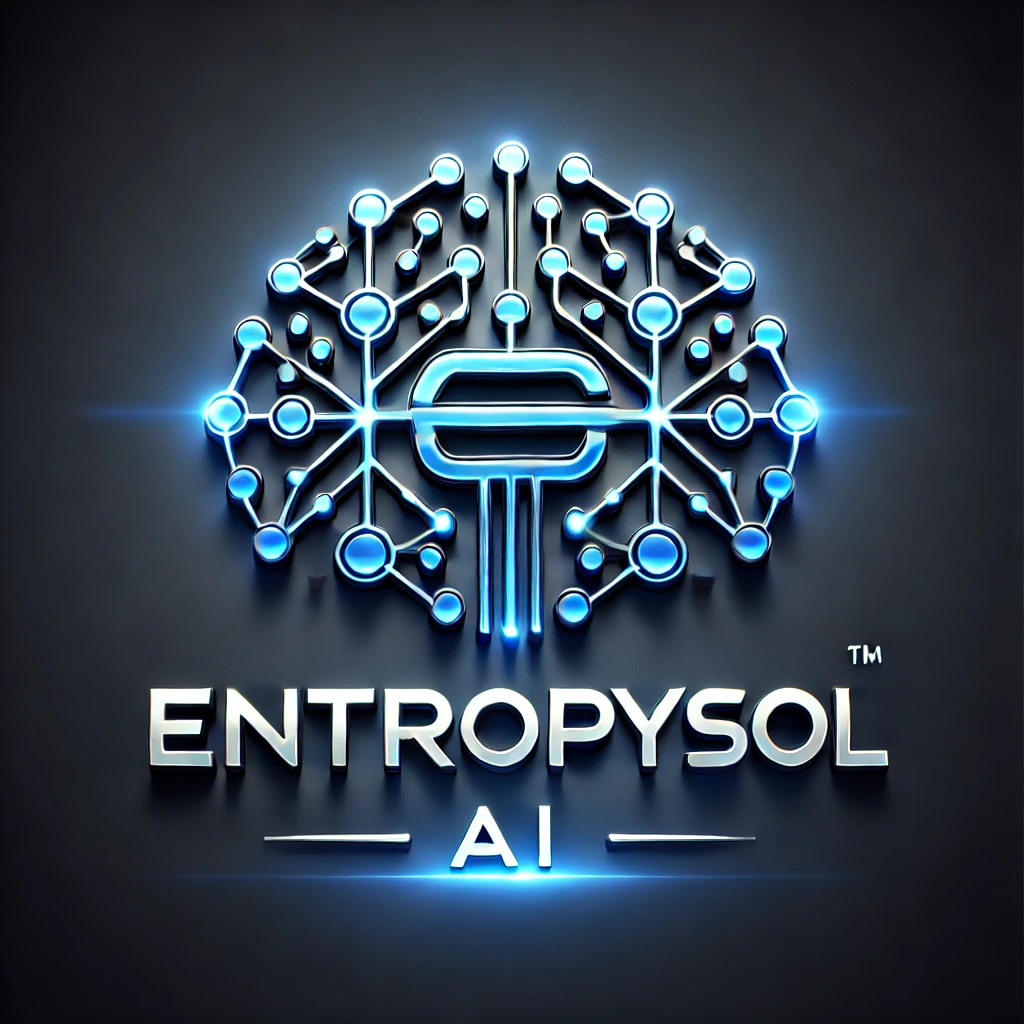The field of artificial intelligence constantly pushes boundaries, and a particularly exciting area is Agentic AI. Moving beyond reactive systems, Agentic AI focuses on creating intelligent agents that can perceive, make autonomous decisions, take actions, and learn to achieve specific goals. Imagine AI that not only processes information but also proactively solves problems and navigates complex scenarios – this is the power of agentic intelligence.
What Exactly is Agentic AI?
At its core, an Agentic AI system comprises one or more intelligent agents. These agents are characterized by their ability to:
- Perceive their environment: Sense and interpret information from surroundings.
- Reason and plan: Process information, make decisions, and formulate action plans.
- Take actions: Interact with their environment to achieve objectives.
- Learn and adapt: Improve decision-making and adapt to changing circumstances through experience.
- Goal-oriented: Driven by specific objectives they actively strive to fulfill.
This autonomy and proactive nature distinguish agentic AI from traditional AI systems that primarily react to direct instructions.
Why is Agentic AI a Game Changer?
The potential impact of agentic AI is immense:
- Automation of Complex Tasks: Agents handle intricate, multi-step processes requiring planning and adaptation.
- Personalized and Proactive Assistance: Intelligent assistants anticipate user needs and take proactive steps.
- Autonomous Systems: The driving force behind self-driving vehicles, robots, and software systems that operate independently.
- Enhanced Problem Solving: Agents explore complex problems and identify optimal solutions.
- Improved Efficiency and Productivity: Automating tasks and optimizing workflows leads to significant gains.
Key Components of an Agentic AI System
Building effective agentic AI systems typically involves:
- Perception Module: Senses and interprets environmental information (e.g., sensors, APIs).
- Planning and Decision-Making Module: The “brain” of the agent, using reasoning algorithms and knowledge bases to formulate plans. This often involves reinforcement learning.
- Action Execution Module: Translates plans into actions within the environment (e.g., controlling a robot, sending commands).
- Learning and Adaptation Module: Enables the agent to improve performance over time based on feedback.
- Memory and Knowledge: Stores and accesses information about the environment, past experiences, and goals.
Current Examples and Potential Applications
While still evolving, we see agentic AI in various domains:
- Autonomous Vehicles: Perceive surroundings, plan routes, and make driving decisions.
- Robotics: Autonomous robots for manufacturing, logistics, and exploration.
- Personal Assistants: Becoming more proactive, anticipating user needs.
- Software Agents: Automating data analysis, cybersecurity threat detection.
- Game AI: Creating challenging and adaptive player experiences.
The Future of Agentic Intelligence
Agentic AI represents a significant step towards truly intelligent and autonomous systems. As research progresses, we can expect increasingly sophisticated agents capable of tackling complex challenges and seamlessly integrating into our daily lives. The development of robust and ethical agentic AI holds immense potential to shape the future of technology and society.
